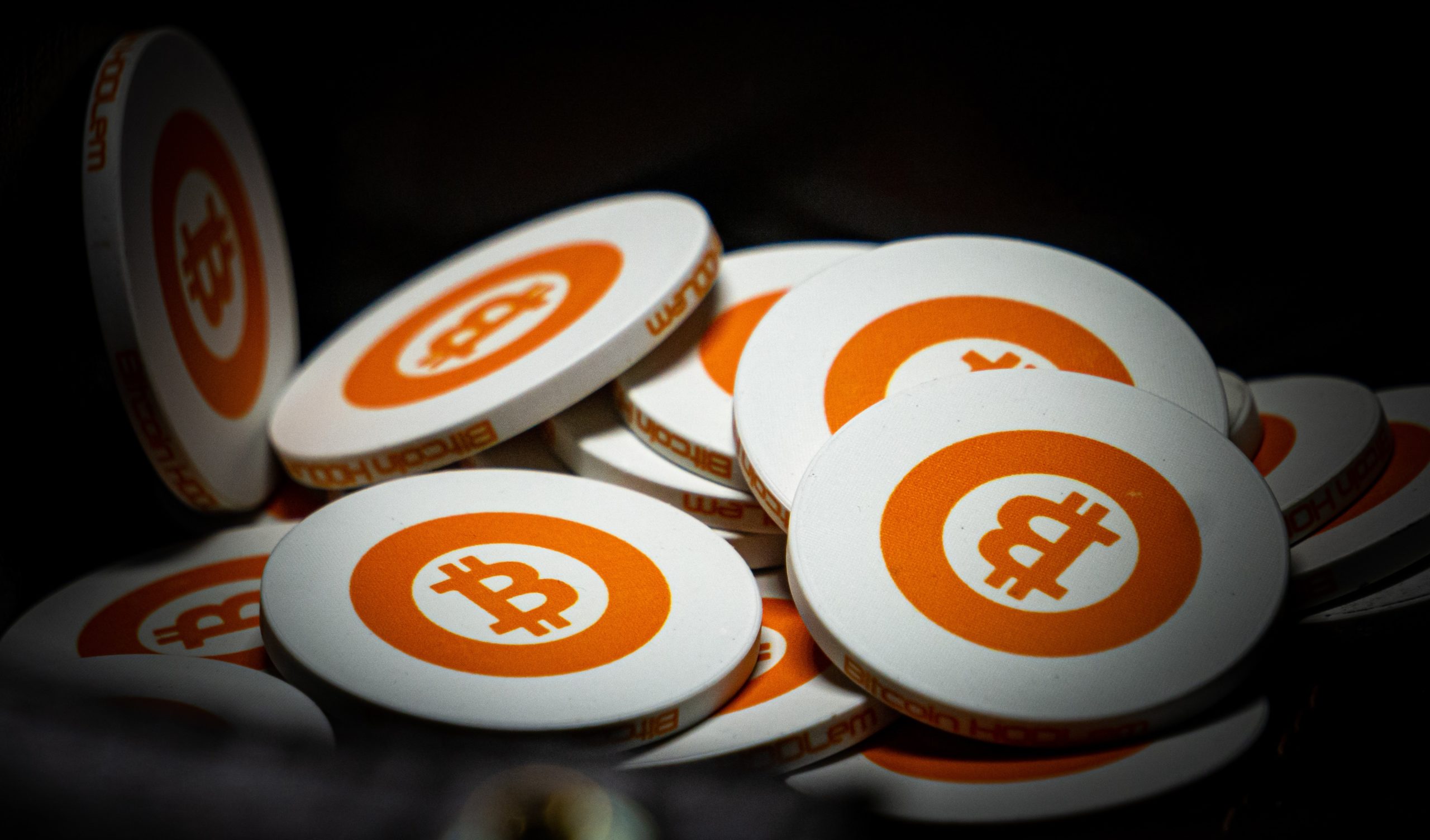It seems we can’t find what you’re looking for. Perhaps searching can help.

Coinsdrom Exchange Review – A Good Place to Buy and Sell Crypto?
About the exchange Coinsdrom is an authorized cryptocurrency exchange platform promising transparency, efficiency and security…













